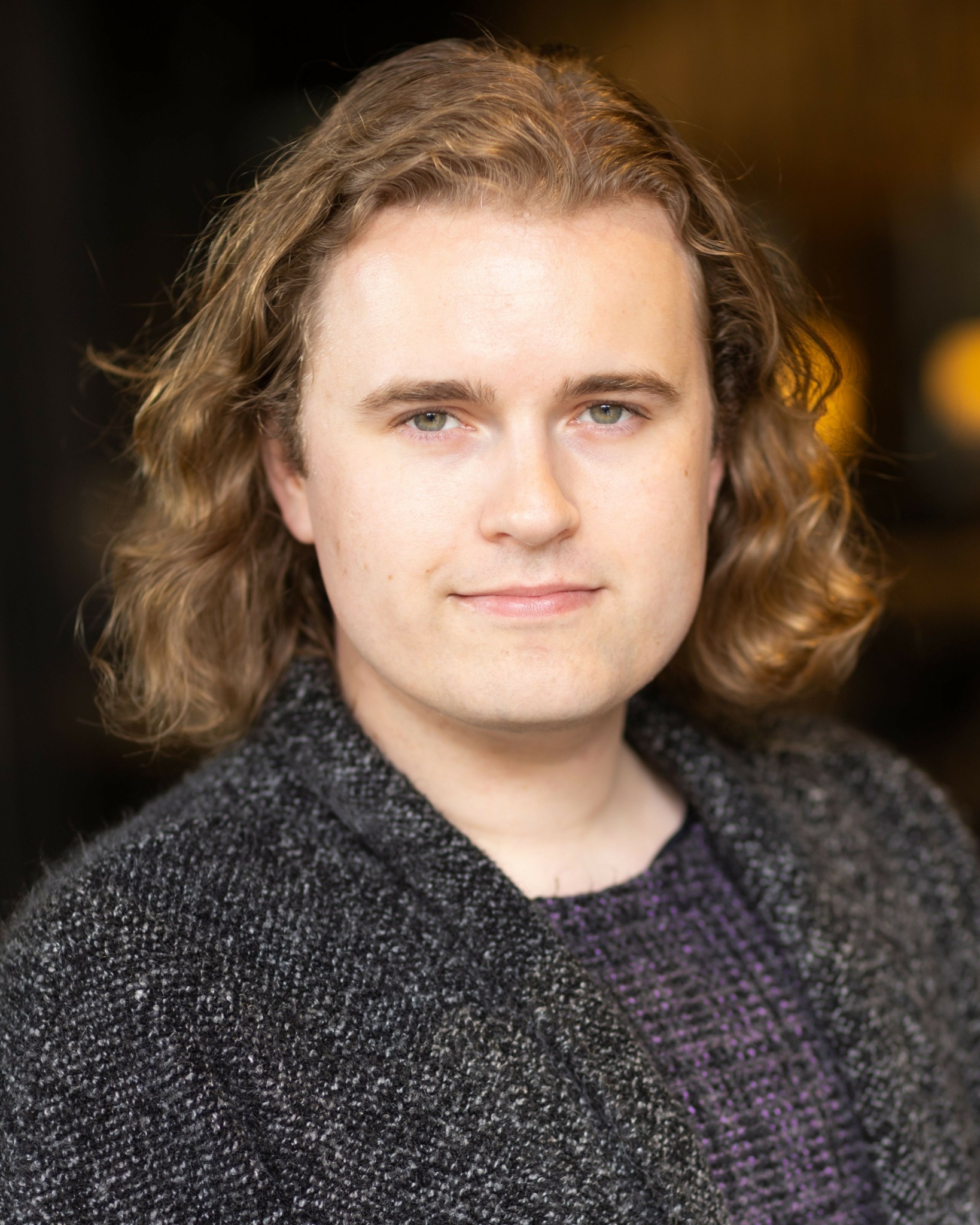We caught up with the brilliant and insightful Ry Armstrong a few weeks ago and have shared our conversation below.
Alright, Ry thanks for taking the time to share your stories and insights with us today. Can you open up about a risk you’ve taken – what it was like taking that risk, why you took the risk and how it turned out?
One of the biggest risks I’ve ever taken was deciding to run for Mayor of Seattle. Not just because it’s a massive undertaking—but because I’m running as an openly trans, nonbinary person in a time when our very existence is being politicized and legislated against across the country.
I grew up here in Seattle, a third-generation union kid with deep roots in this city. I’ve worked as a labor organizer, nonprofit executive, and community advocate. I’ve managed multimillion-dollar budgets, sat on national union councils, and helped drive environmental and social justice policy. But even with all of that experience, launching a mayoral campaign felt like standing on the edge of a cliff and choosing to jump, hoping that the movement I believe in, the people I fight alongside, would catch me.
This race is about confronting systems that are failing our city: housing that’s unaffordable, childcare that’s out of reach, and public safety that doesn’t make everyone feel safe. I knew entering the race that I’d be up against political machines, establishment figures, and a media landscape that often sidelines people like me. But I also knew I couldn’t stay on the sidelines myself—not when I saw how many people are being left behind.
The outcome? We’re building a movement. We’ve been endorsed by national organizations like LGBTQ Victory Fund and Run for Something. We’re making history just by being in the race, and we’re not done yet.
This isn’t just a campaign. It’s a call to action, and I chose to answer it.
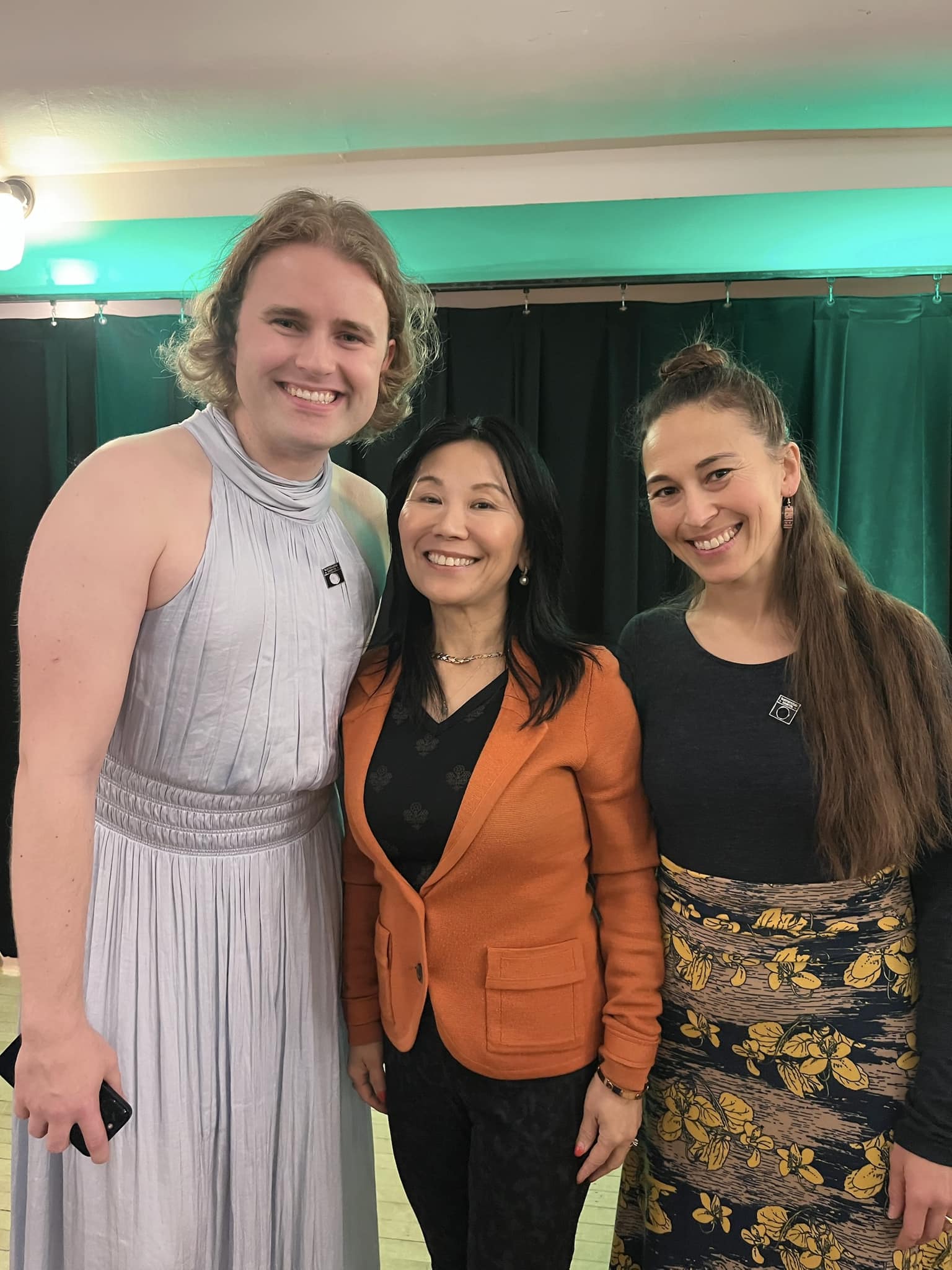
As always, we appreciate you sharing your insights and we’ve got a few more questions for you, but before we get to all of that can you take a minute to introduce yourself and give our readers some of your back background and context?
I’m Ry Armstrong (they/them), a third-generation Seattleite, labor organizer, nonprofit executive, and candidate to be Seattle’s first openly trans Mayor. I come from a long line of people who defied expectations—folks like my grandmother, who was the first woman to graduate in Aeronautical Engineering from the University of Washington and was later honored at the Museum of Flight. Her courage shaped my understanding of what it means to push boundaries with integrity and grit.
My journey has always been a blend of the creative and the political. I started as a performing artist (earning a Grammy nomination and performing Off-Broadway) because I believe in the power of storytelling to change hearts. But I saw that stories alone weren’t enough if our systems were still broken. So I became a nonprofit leader, managing a multimillion-dollar budget as Co-Executive Director of Sustainable Seattle, and organizing with national labor unions to protect workers’ rights and demand equity from the ground up.
My campaign, and the work I do more broadly, is about radical imagination and concrete results. I want to solve problems like housing instability, unaffordable childcare, environmental injustice, and systems of public safety that don’t actually keep us safe. What sets me apart is that I’m not afraid to name the harms or propose bold solutions. We don’t need more polished politicians: we need working-class leadership rooted in community, collaboration, and conviction.
Harvey Milk showed us that visibility is a political act. Nina Simone taught us that an artist’s duty is to reflect the times. Toni Morrison challenged us to tell our own stories on our own terms. Bernie Sanders showed us what consistency in values looks like. And AOC proved that you can shake up power with authenticity and heart.
I stand on their shoulders, bringing people together to fight not for one Seattle, but all of Seattle. My work—whether in City Hall, on the picket line, or in a neighborhood meeting—is about building a future where everyone can thrive, especially those who’ve historically been pushed to the margins.
I’m proud to be part of a new generation of leadership that believes deeply in justice, joy, and the collective power of everyday people. We’re not just running a campaign: we’re building a movement. And we’re just getting started.
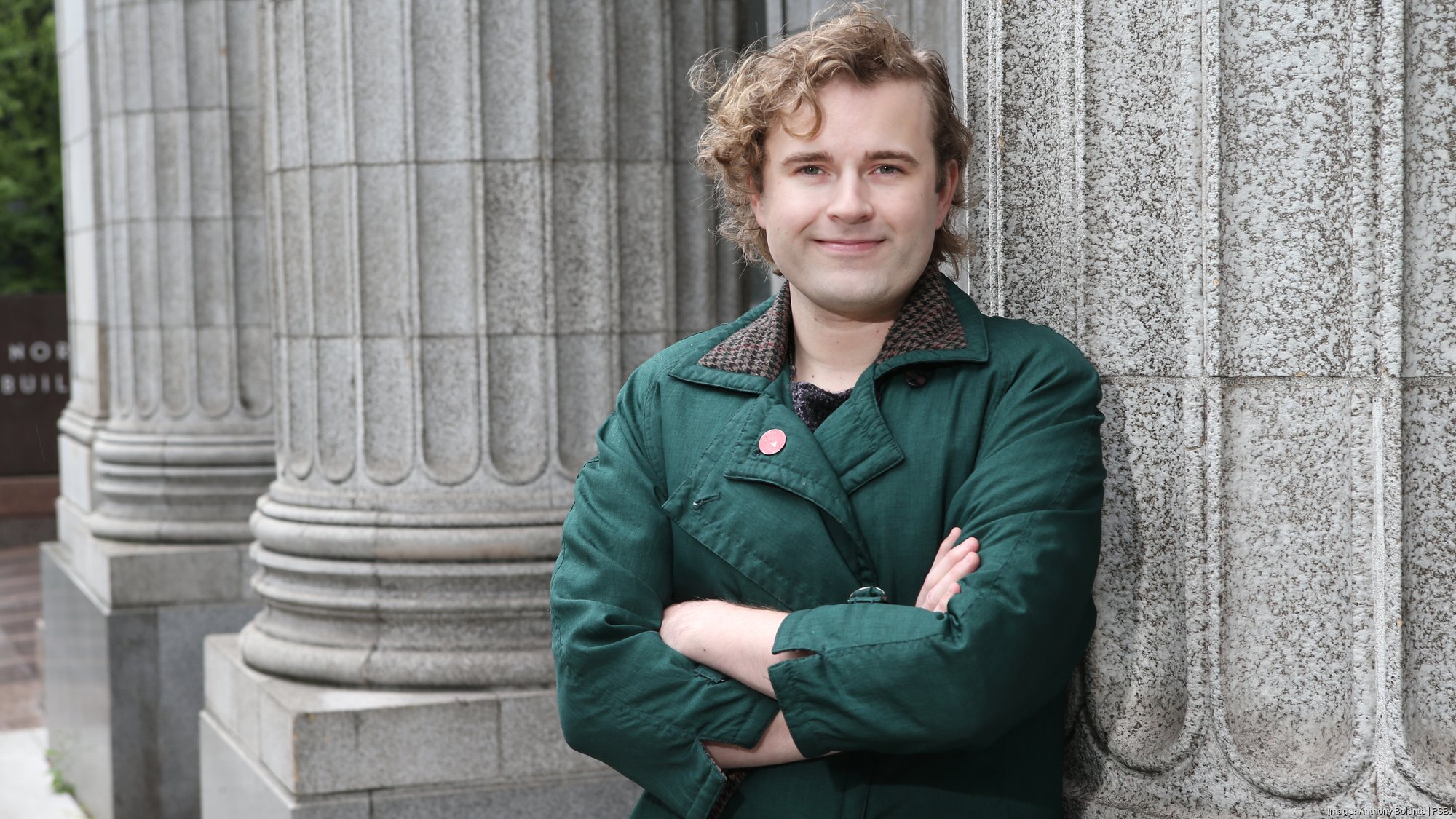
What’s the most rewarding aspect of being a creative in your experience?
For me, the most rewarding part of being an artist is that rare and electric moment when truth meets resonance. When a story, a song, or a single line opens something in someone’s heart. As a creative, I carry the legacy of artists on my shoulders who reminded us that art must reflect the times we’re living in. I create because I believe in the power of beauty and vulnerability to build bridges where policy alone can’t.
Art has always been how I process the world, and how I fight for it. It’s how I survived being queer and trans in spaces that weren’t built for me. It’s how I stay soft in a world that tries to harden us. And it’s how I lead… with imagination, compassion, and the courage to name what others won’t.
The most powerful art doesn’t just entertain: it liberates. It says: You’re not alone. It whispers, You belong. And sometimes, it screams, We demand more.
That’s the reward. That’s the calling. And it fuels everything I do.
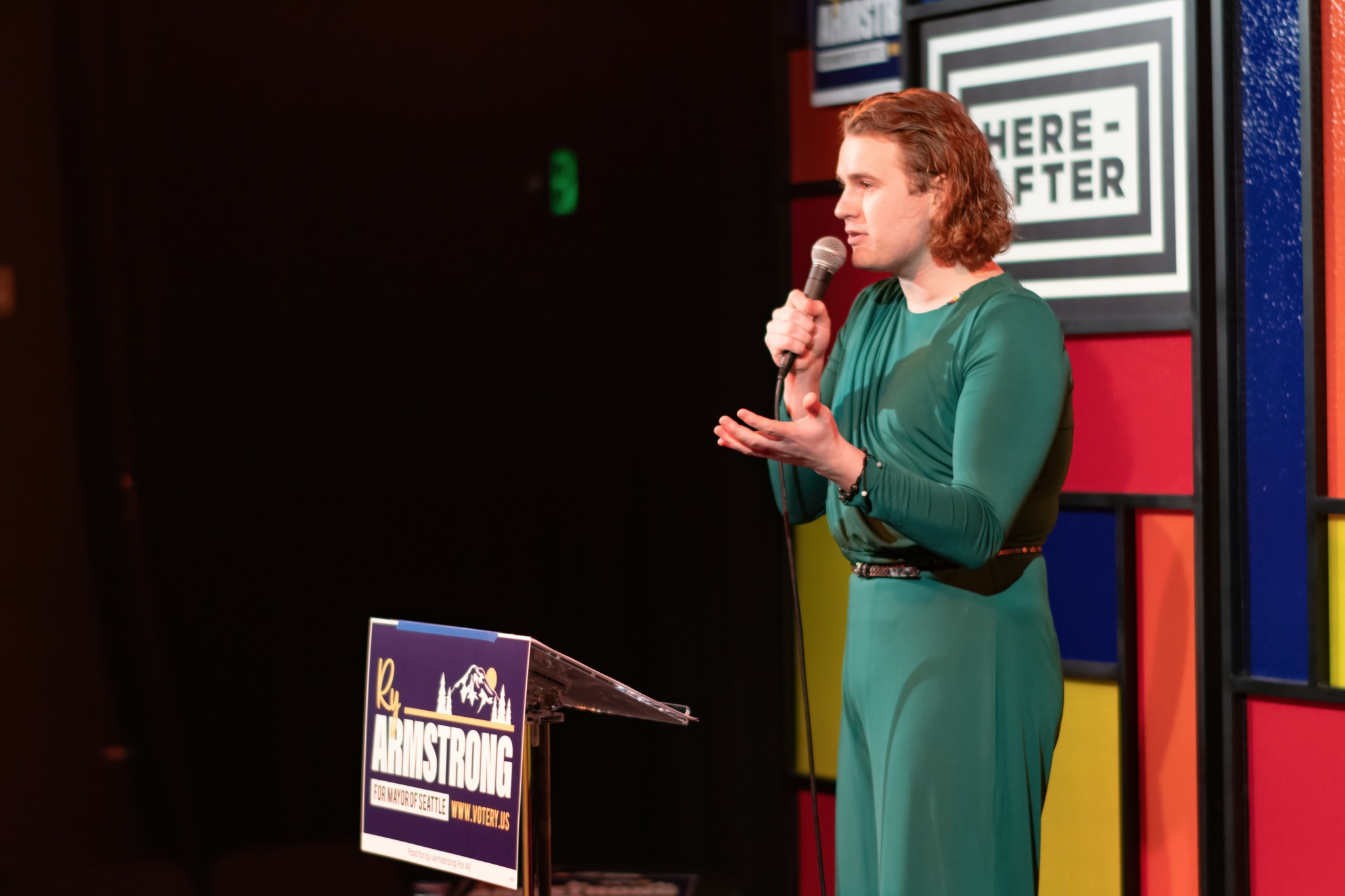
Are there any books, videos or other content that you feel have meaningfully impacted your thinking?
Absolutely. One of the most transformative resources that has shaped how I lead and build teams is Patrick Lencioni’s The Five Dysfunctions of a Team. As someone who works at the intersection of movement-building, nonprofit management, and political leadership, this book has been a powerful lens through which I understand how teams succeed or fail.
Lencioni doesn’t just offer theory, he offers a roadmap. His emphasis on building trust as the foundation for everything else deeply resonates with my leadership style. I believe vulnerability is a strength, not a weakness—especially as a trans person in leadership. When teams are able to speak openly, disagree productively, and hold one another accountable, we create a culture that isn’t just efficient, it’s revolutionary.
I’ve used the lessons from this book not just in nonprofit spaces like Sustainable Seattle, but in my campaign for Mayor of Seattle. When we build structures that prioritize clarity, courage, and connection, we build movements that last.
Management isn’t about hierarchy—it’s about mutual trust, shared purpose, and radical honesty. The Five Dysfunctions of a Team reminds me that the work is always human first, strategy second. That’s how I lead. That’s how I serve.
Contact Info:
- Website: https://www.ryarmstrong.com
- Instagram: https://instagram.com/ryontheryse
- Facebook: https://facebook.com/ryontheryse
- Linkedin: https://www.linkedin.com/in/ryontheryse/
- Twitter: https://x.com/ryontheryse
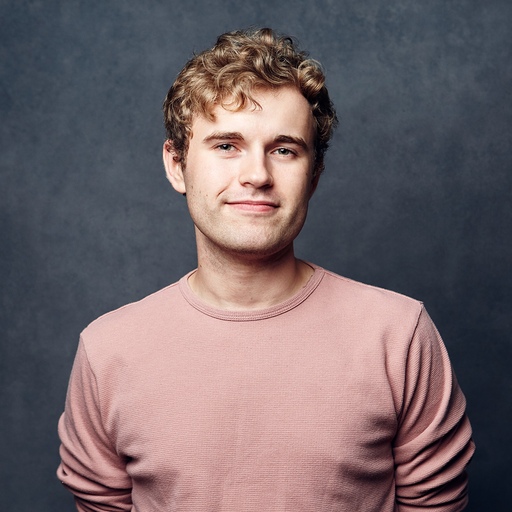
Image Credits
Photos by Danielle Barnum, Cody Tarr, Anthony Bolante, and others


